Bruno Snell - The Discovery of the Mind in Greek Philosophy and Literature
Here you can read online Bruno Snell - The Discovery of the Mind in Greek Philosophy and Literature full text of the book (entire story) in english for free. Download pdf and epub, get meaning, cover and reviews about this ebook. year: 2011, publisher: Dover Publications, genre: Romance novel. Description of the work, (preface) as well as reviews are available. Best literature library LitArk.com created for fans of good reading and offers a wide selection of genres:
Romance novel
Science fiction
Adventure
Detective
Science
History
Home and family
Prose
Art
Politics
Computer
Non-fiction
Religion
Business
Children
Humor
Choose a favorite category and find really read worthwhile books. Enjoy immersion in the world of imagination, feel the emotions of the characters or learn something new for yourself, make an fascinating discovery.
- Book:The Discovery of the Mind in Greek Philosophy and Literature
- Author:
- Publisher:Dover Publications
- Genre:
- Year:2011
- Rating:3 / 5
- Favourites:Add to favourites
- Your mark:
The Discovery of the Mind in Greek Philosophy and Literature: summary, description and annotation
We offer to read an annotation, description, summary or preface (depends on what the author of the book "The Discovery of the Mind in Greek Philosophy and Literature" wrote himself). If you haven't found the necessary information about the book — write in the comments, we will try to find it.
Bruno Snell: author's other books
Who wrote The Discovery of the Mind in Greek Philosophy and Literature? Find out the surname, the name of the author of the book and a list of all author's works by series.

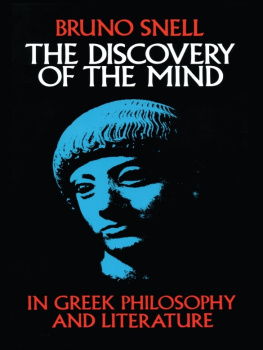


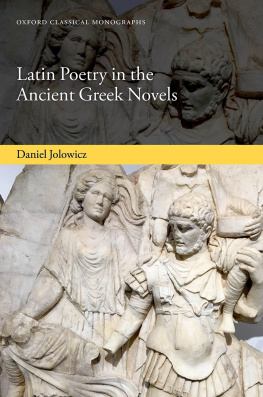
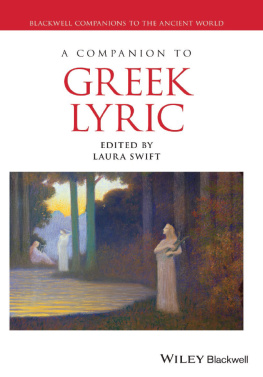
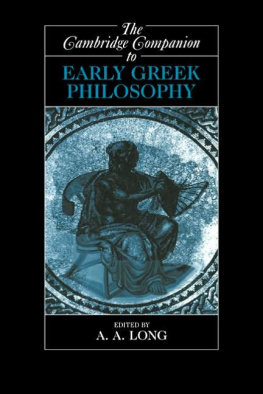
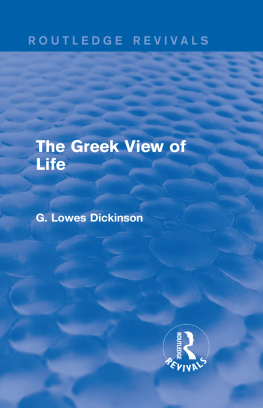
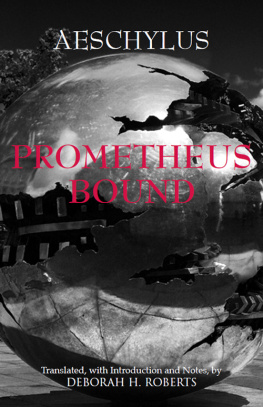
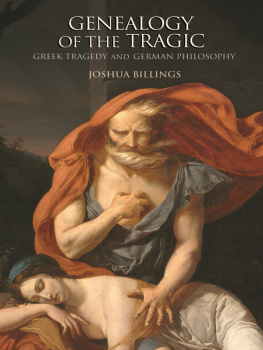



 occurs as a gloss in the excerpt from Diogenianus (
occurs as a gloss in the excerpt from Diogenianus (  , line 26) cited by Latte, Philologus 80 (1924) 136 ff. Latte also, p. 145, refers to examples from Tegea (IG V.2.16.10, cf. XVI.25). We might also mention
, line 26) cited by Latte, Philologus 80 (1924) 136 ff. Latte also, p. 145, refers to examples from Tegea (IG V.2.16.10, cf. XVI.25). We might also mention 
 o and
o and  =
=  , but these words are so rare that very little can be said about their exact meaning; cf. Bechtel, Lexicologus 27 and 74.
, but these words are so rare that very little can be said about their exact meaning; cf. Bechtel, Lexicologus 27 and 74. were the arms and legs: Lehrs, op. cit . 119.
were the arms and legs: Lehrs, op. cit . 119. was in many places identical with
was in many places identical with  . Pyth . 1.55 he says of Philoctetes:
. Pyth . 1.55 he says of Philoctetes: 






 .
.
 (
( 